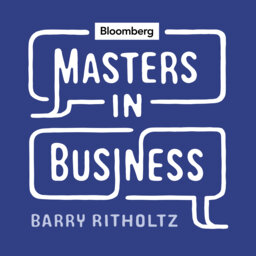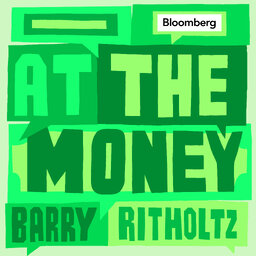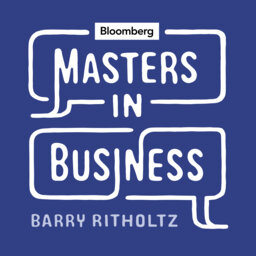Team Favorite: Fueling Success for Mercedes F1 with Toto Wolff
On this staff favorite episode, Barry Ritholtz speaks with Toto Wolff, Team Principal & CEO of the Mercedes-AMG PETRONAS F1 Team. Prior to joining Mercedes, Toto spent time in the investment world, founding his own company Marchfifteen in 1998 and Marchsixteen in 2004. In 2009 Toto combined his passion for racing and business by investing in the Williams F1 Team. He eventually came to be the team's Executive Director, helping to lead them toward their first win at the Spanish Grand Prix in eight years. Shortly after that win, Toto became Managing Partner of the Mercedes F1 team, where he now holds a 33% stake. In his time with Mercedes, the team has won eight Formula One Constructors' Championships and seven Drivers' Championships.
In 1 playlist(s)
Masters in Business
Barry Ritholtz speaks with the people that shape markets, investing and business.Social links
Follow podcast
Recent clips

How AI Could Freeze Progress with Hilary Allen
1:11:26

At The Money: The Mega Backdoor Roth
16:21

Why a Joint Account Can Be a Sign of Healthy Marriage
1:01:20
 Masters in Business
Masters in Business